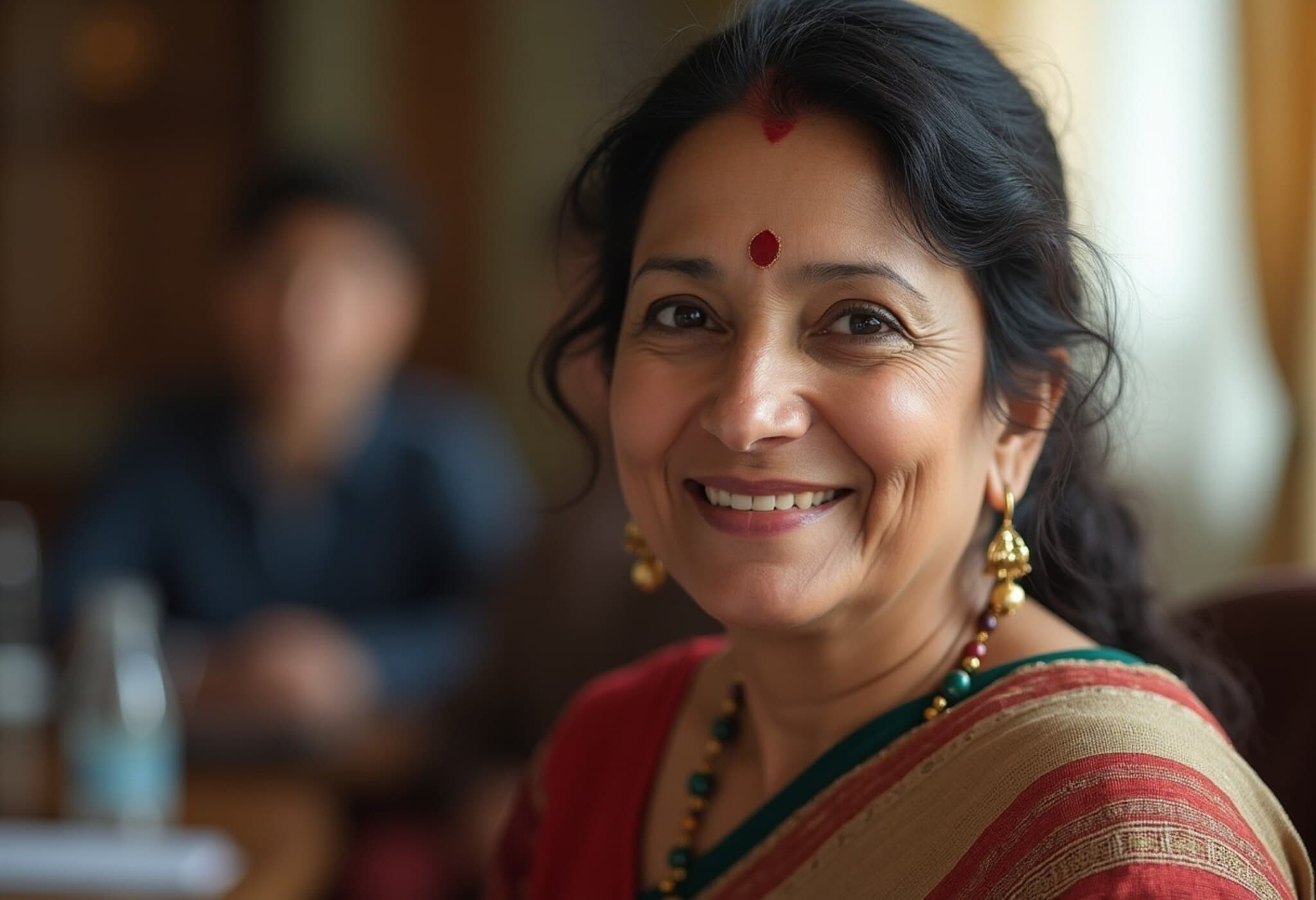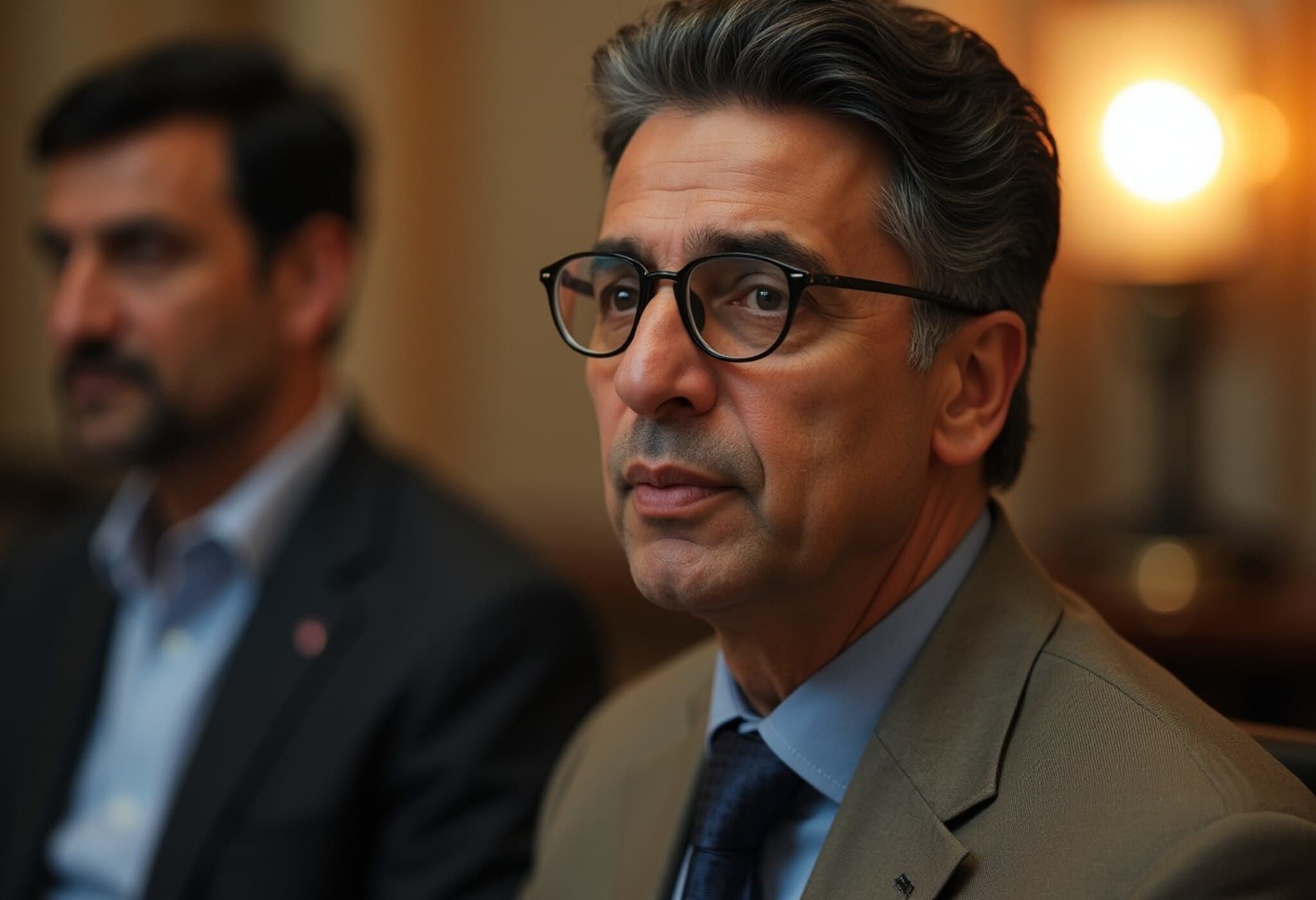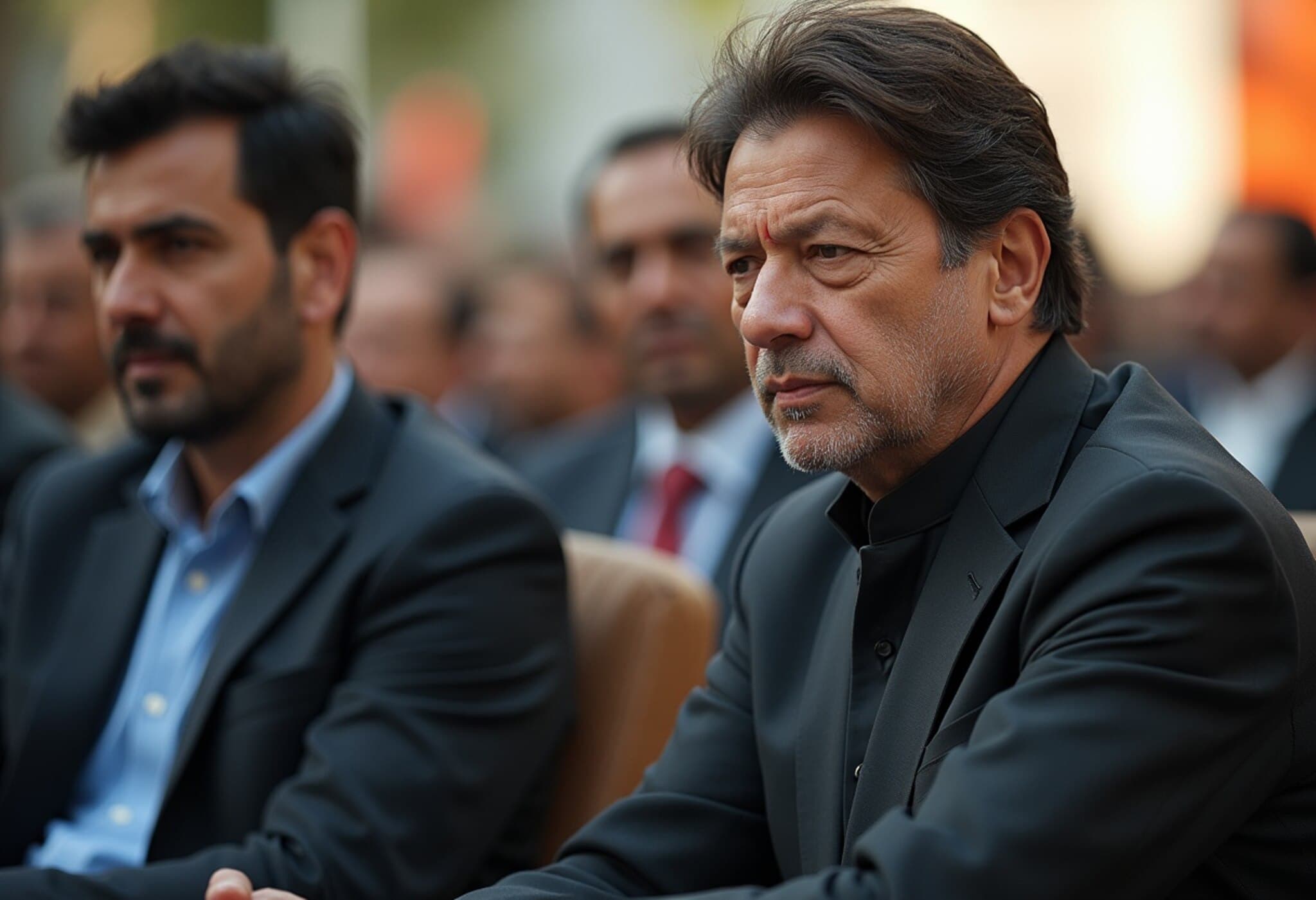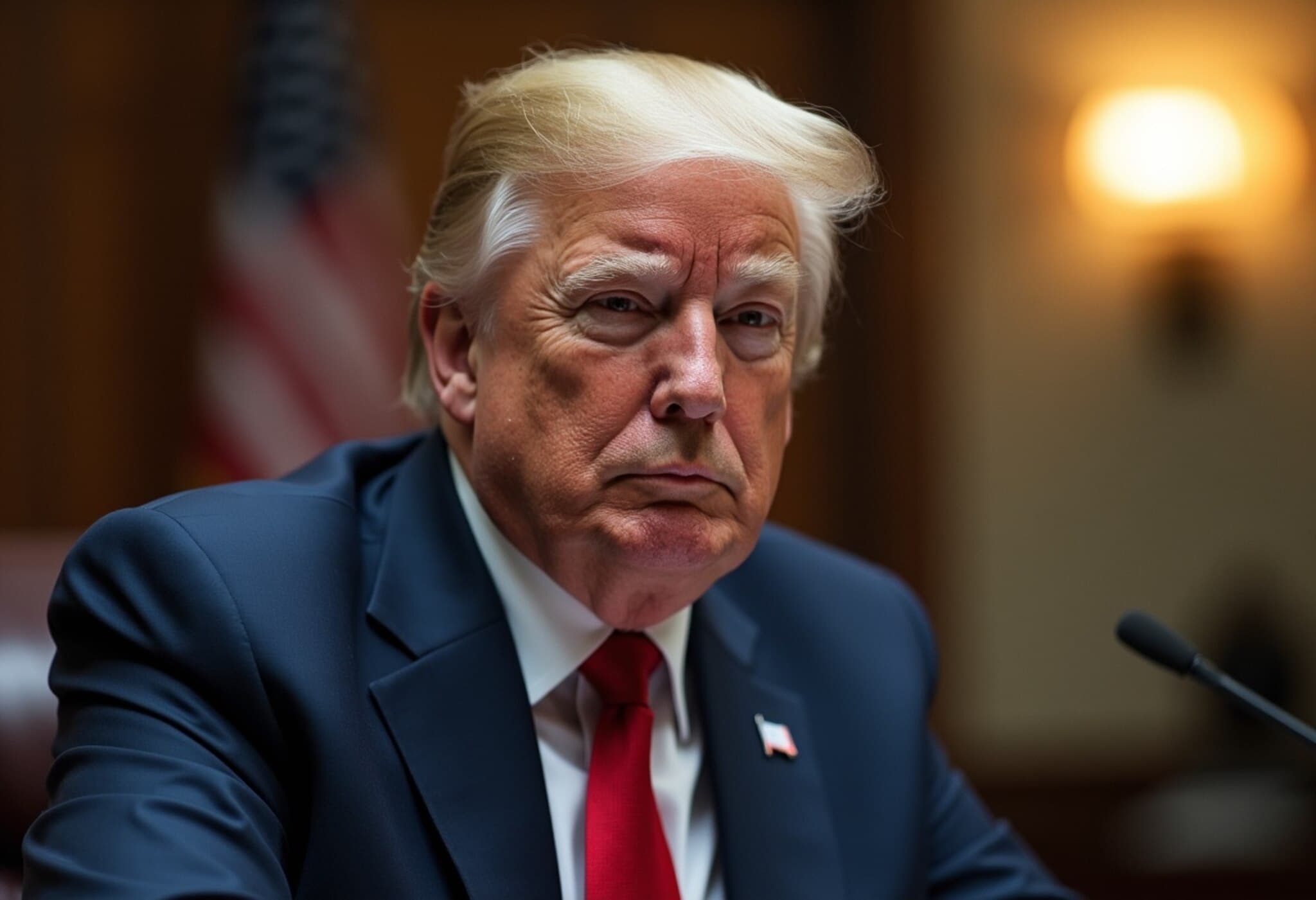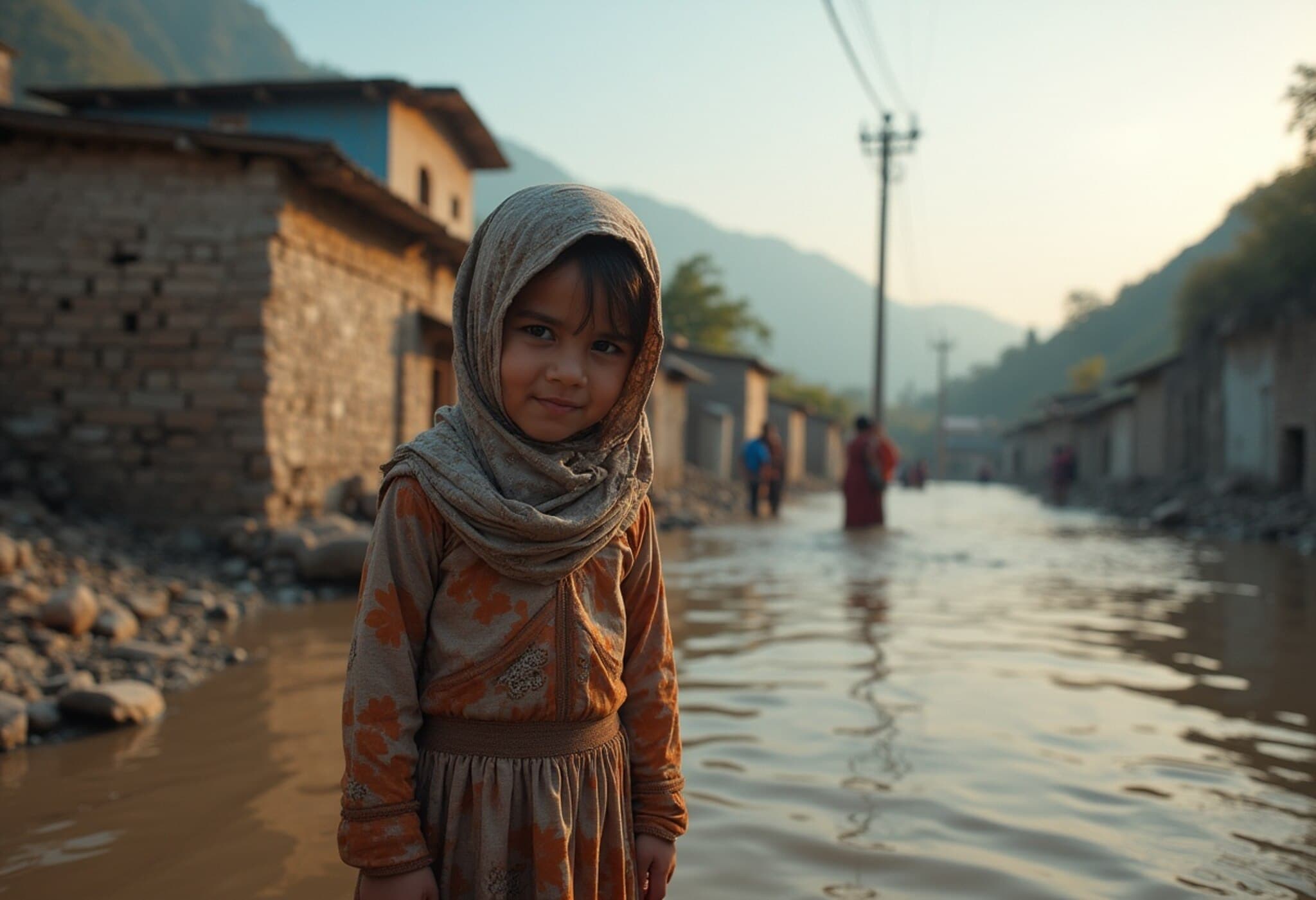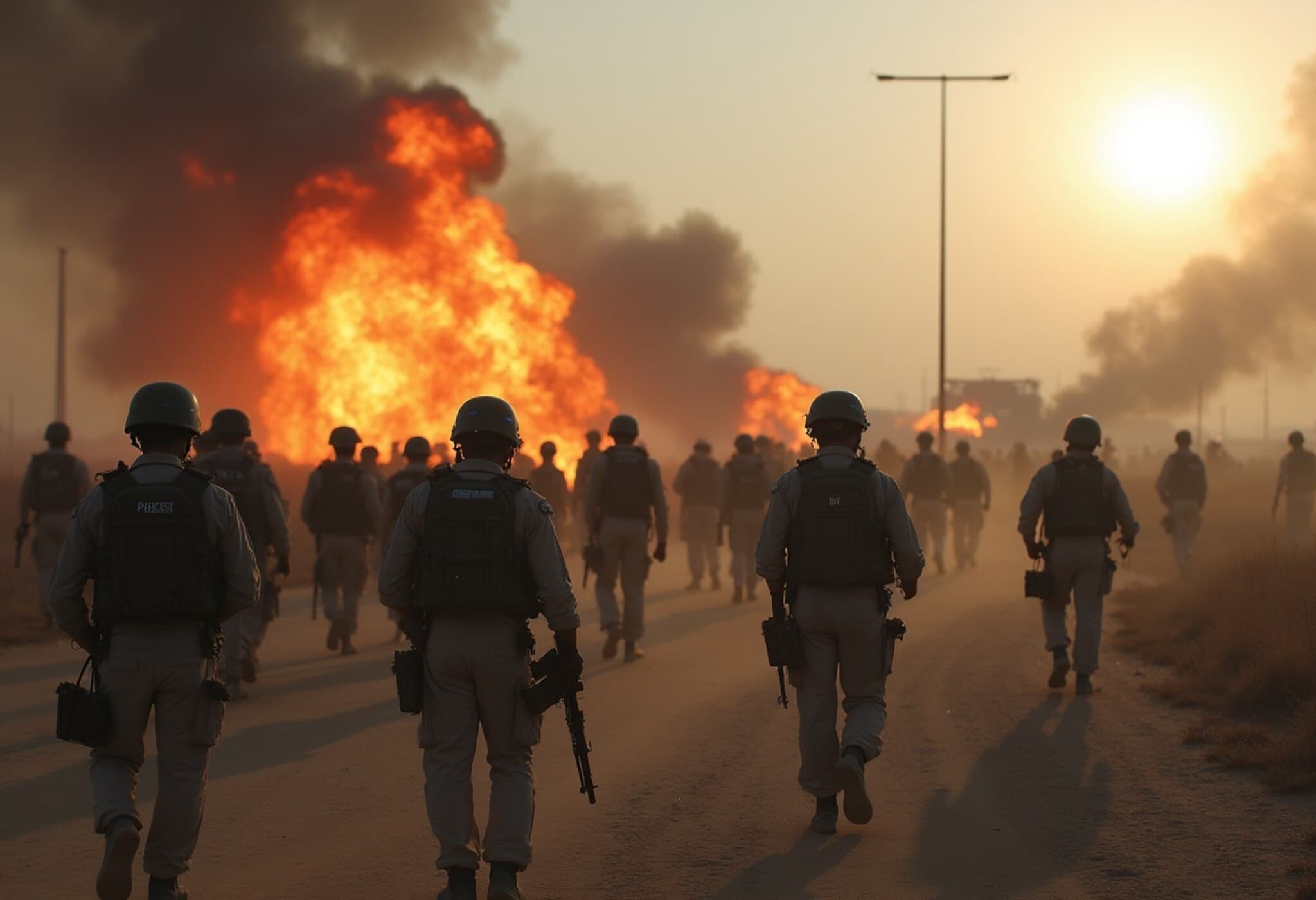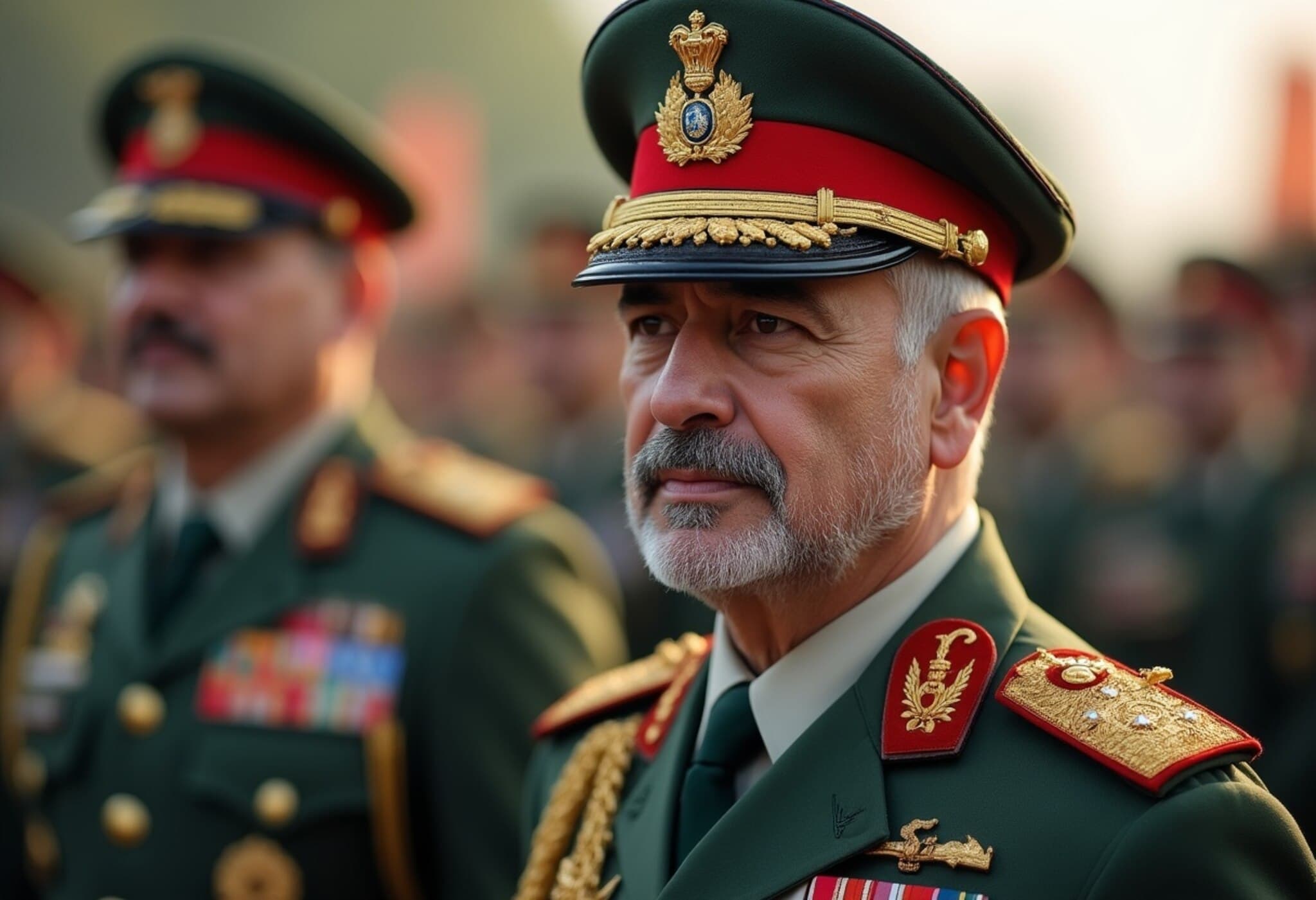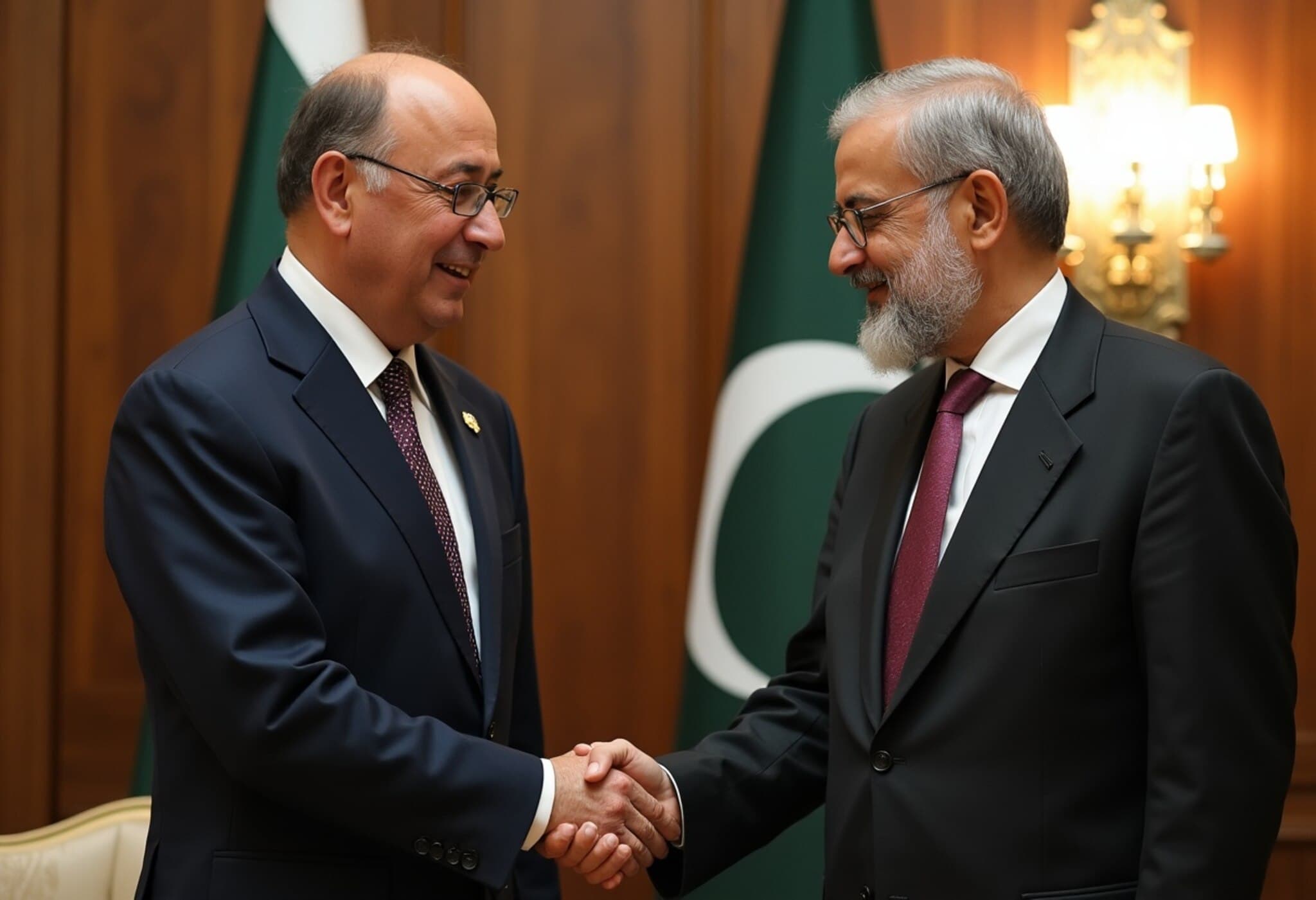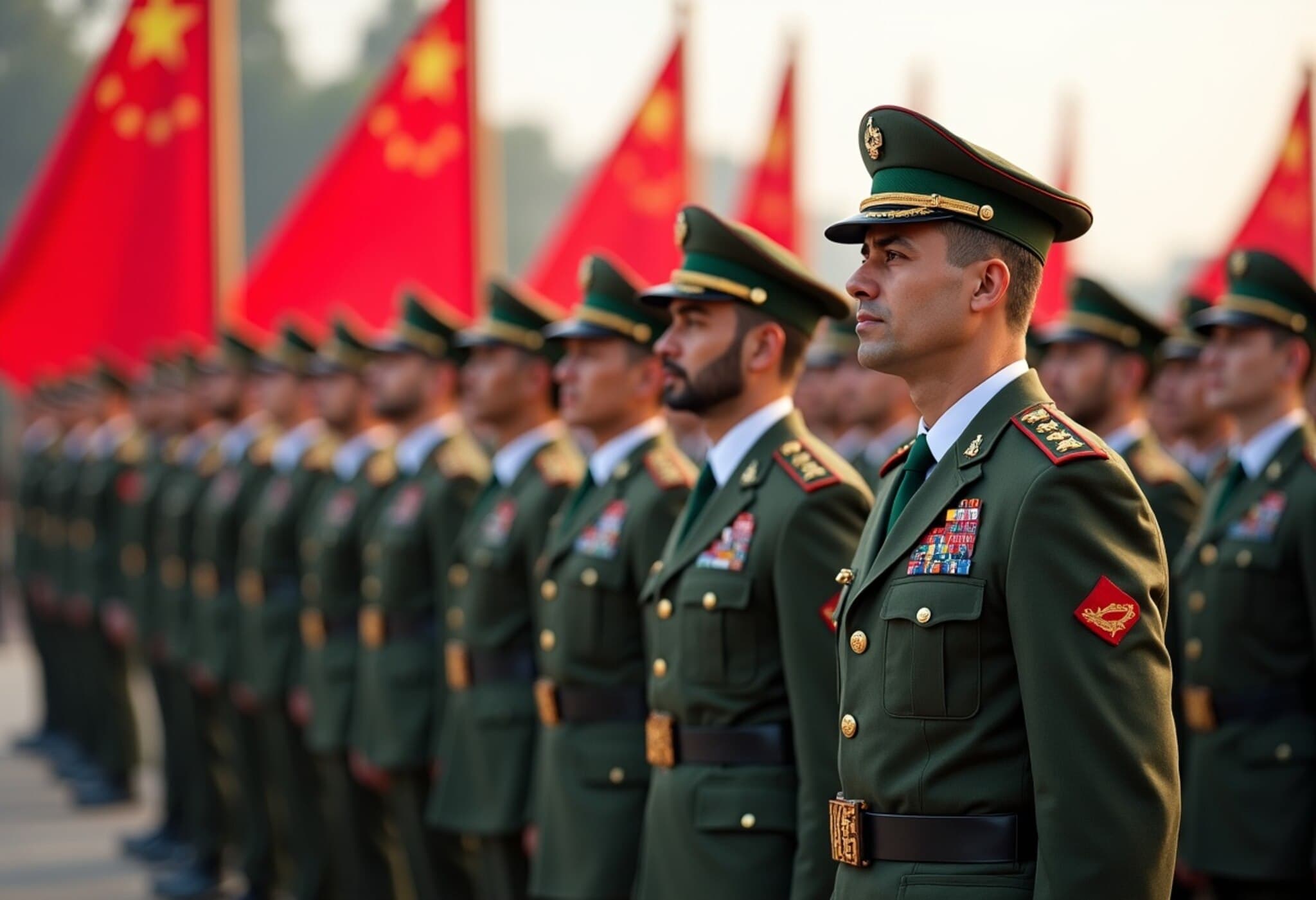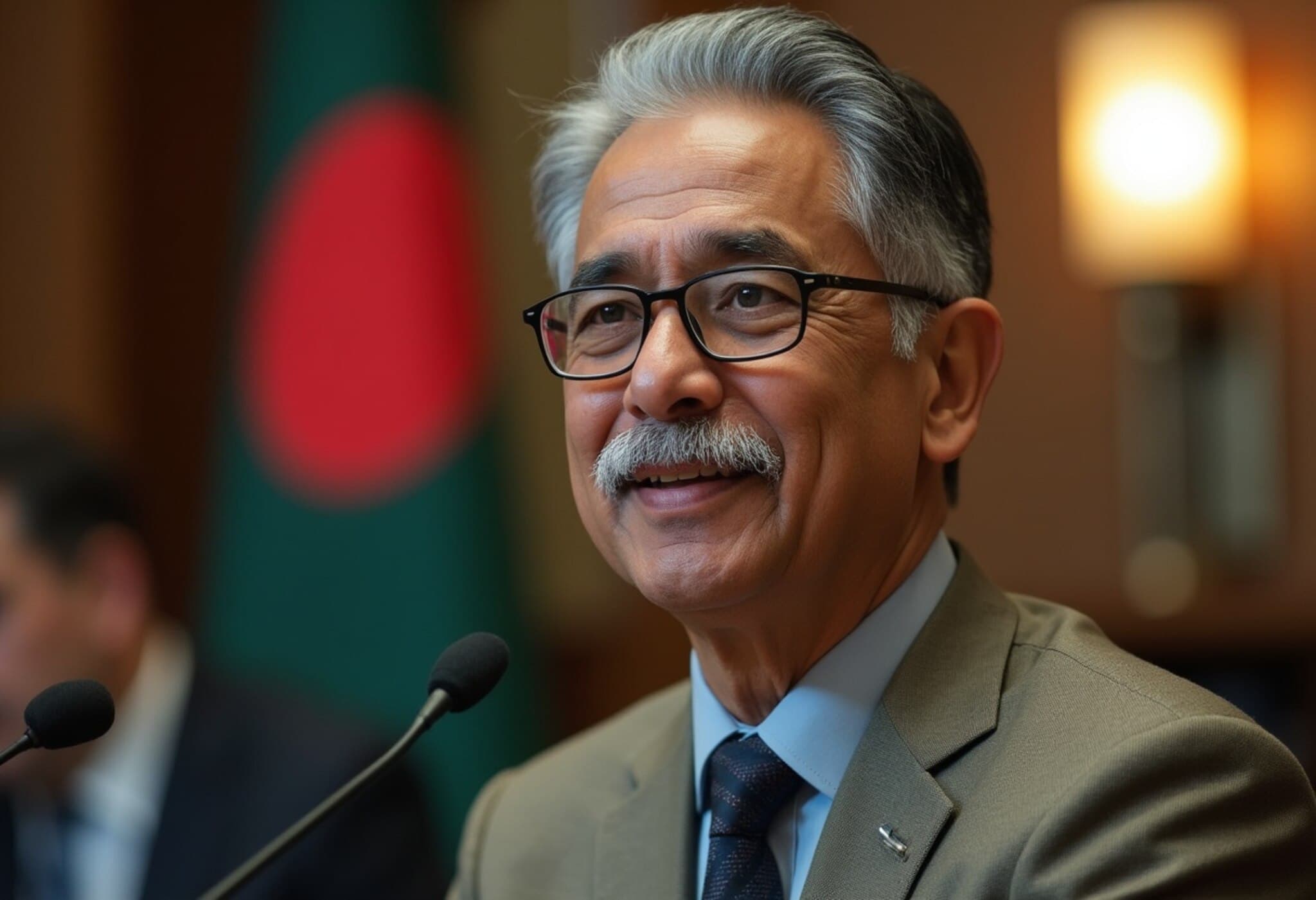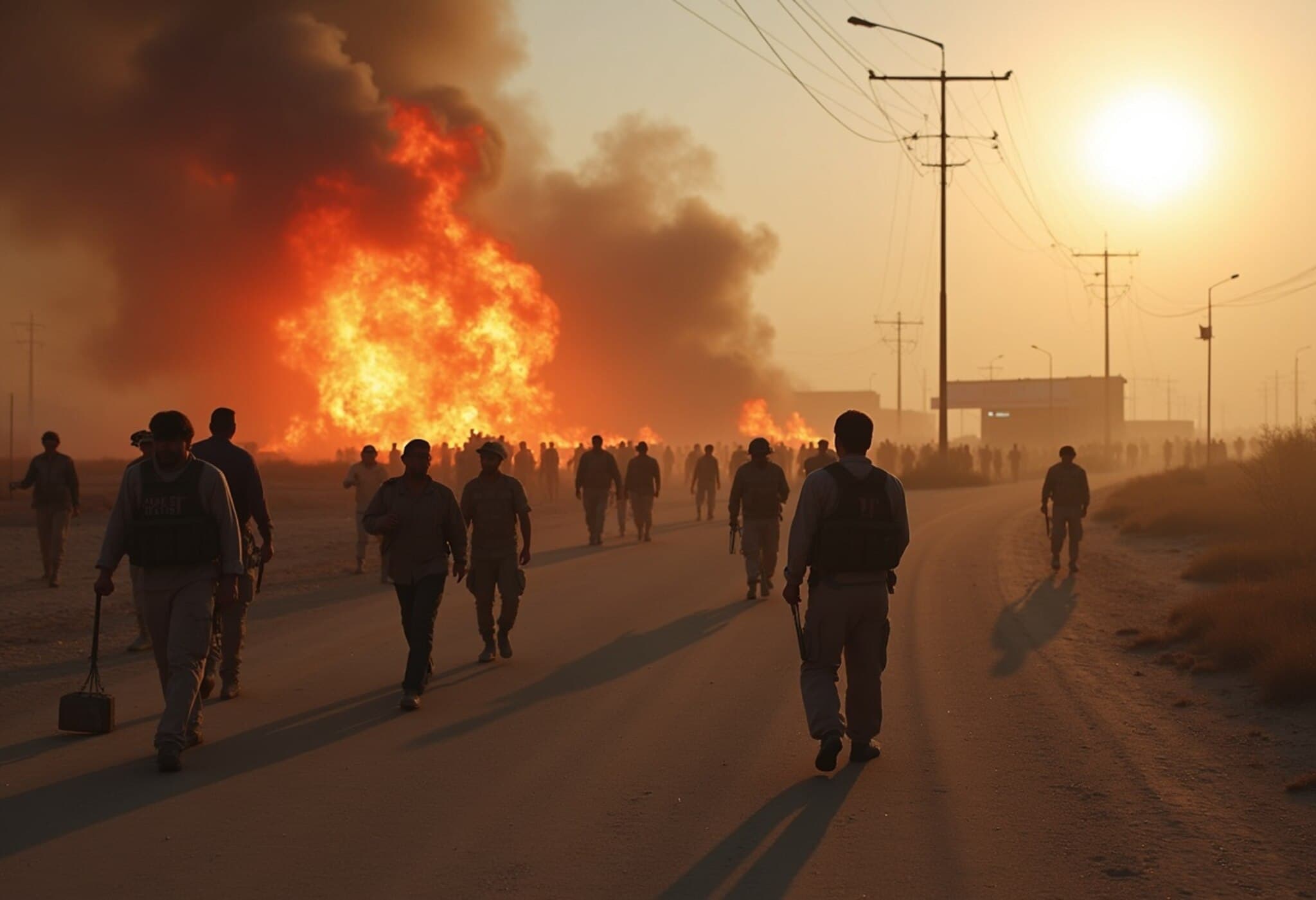Remembering Ila Sharma: Nepal's Esteemed Election Commissioner and Advocate
In a poignant loss to the South Asian electoral and legal community, Ila Sharma, the former Election Commissioner of Nepal, passed away suddenly on July 13, 2025, at her Kathmandu residence due to a cardiac arrest. She was 59.
A Life of Service and Resilience
Sharma's journey was marked by both personal tragedy and professional triumph. Originally from Varanasi, India, where her family ran a publishing business, Ila Sharma relocated to Nepal after marrying Nabaraj Poudel, a Nepalese police officer. The couple's life was tragically upended when Mr. Poudel was killed by Maoist insurgents during the turbulent 1990s. At that crossroads, Sharma, then a journalist with The Rising Nepal, faced the daunting task of raising and educating two daughters alone.
Demonstrating remarkable resilience, she pursued higher education in the United Kingdom, earning a law degree from the University of Hull as a Chevening Scholar, specializing in International Business Law. This academic achievement laid the foundation for her later roles in public service.
Champion of Electoral Justice and Inclusion
In 2013, at the age of 46, Ila Sharma was appointed as an Election Commissioner of Nepal for a five-year term. In this capacity, she made significant contributions to electoral law reform, media regulation, gender inclusivity, and strategic planning for the Nepal Election Commission. Her portfolio covered:
- Electoral law and directives
- Media outreach and communication
- Promotion of gender and social inclusion
- Development and oversight of the Commission's second five-year strategic plan
Her work was internationally recognized, with a profile featured on the World Economic Forum, highlighting her over 25 years of expertise spanning media, law, public relations, development, and peace-building. Sharma was noted for her dedication to economic justice and democratic integrity—particularly vital themes in the evolving political landscape of Nepal.
A Personal and Professional Partnership with India
Her path crossed multiple times with S Y Quraishi, the 17th Chief Election Commissioner of India, at various SAARC election commission seminars and bilateral meetings. The two forged a professional bond that blossomed into marriage a decade ago, exemplifying cross-border ties rooted in shared commitment to democratic processes.
Aside from her official duties, Sharma taught law part-time in Delhi, regularly commuting between Nepal and India. Those close to her recall her love for Sanskrit literature and her warm, compassionate nature.
Tributes and Legacy
The Indian Embassy in Kathmandu and the UK Embassy in Nepal both held condolence meetings lauding her contributions to electoral fairness and international legal scholarship. On social media, Quraishi expressed heartfelt appreciation for her kindness and the profound impact she had on colleagues and friends alike.
Her two daughters from her first marriage observe a traditional 13-day mourning period, with funeral rites held at the electric crematorium near Pashupatinath Temple, Kathmandu.
Looking Ahead: The Importance of Electoral Integrity
Ila Sharma's passing invites reflection on the vital yet often underappreciated work of election commissioners in emerging democracies. In South Asia’s complex political environment, ensuring transparency, inclusivity, and justice in elections is fundamental to peace-building and societal progress.
Her multidisciplinary expertise—spanning journalism, law, and governance—underscored the interconnectedness of free press, legal frameworks, and democratic legitimacy.
Editor’s Note
Ila Sharma's life story is a testament to perseverance, cross-cultural collaboration, and dedication to democratic values. As Nepal and the broader South Asian region continue to navigate political challenges, her legacy offers a lesson in the power of inclusivity, legal rigor, and human compassion. Readers and policymakers alike might consider how electoral institutions can bolster not just procedural fairness but also social cohesion and justice.

